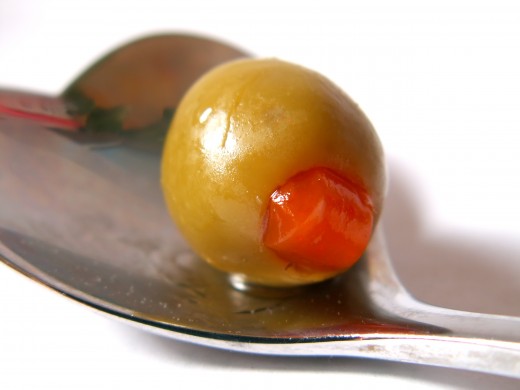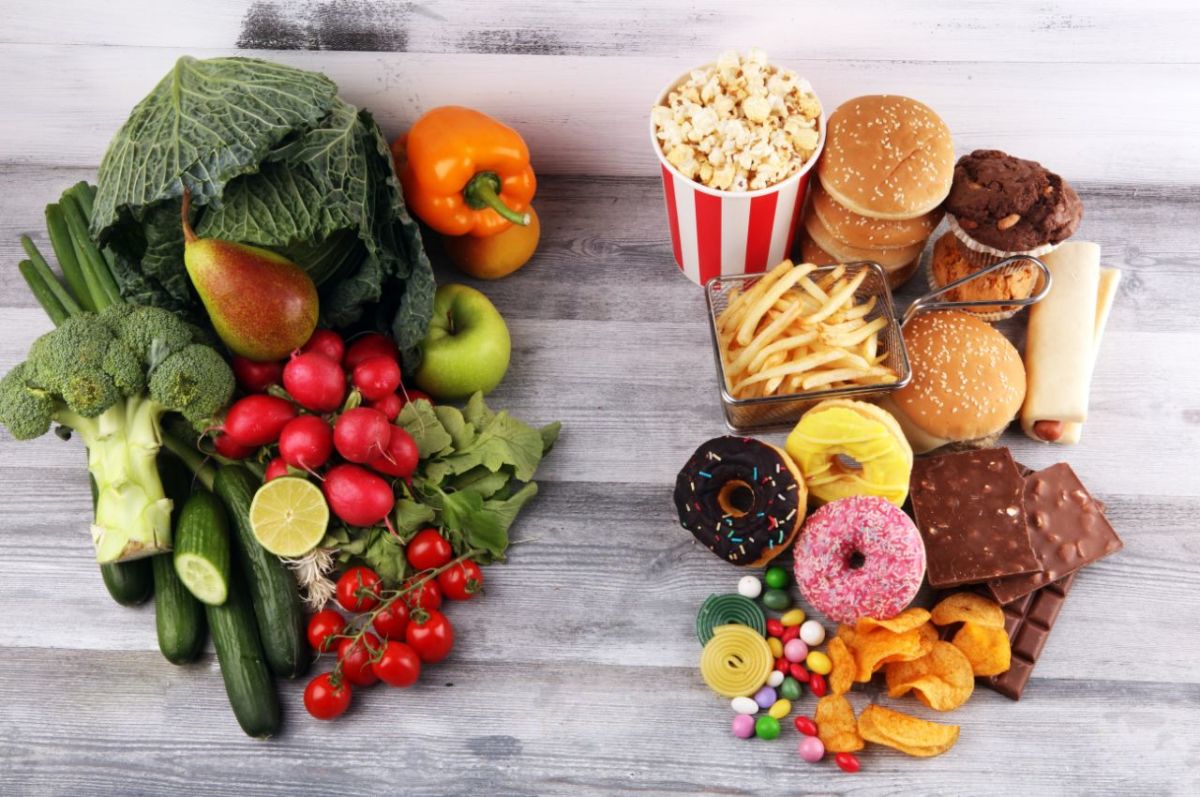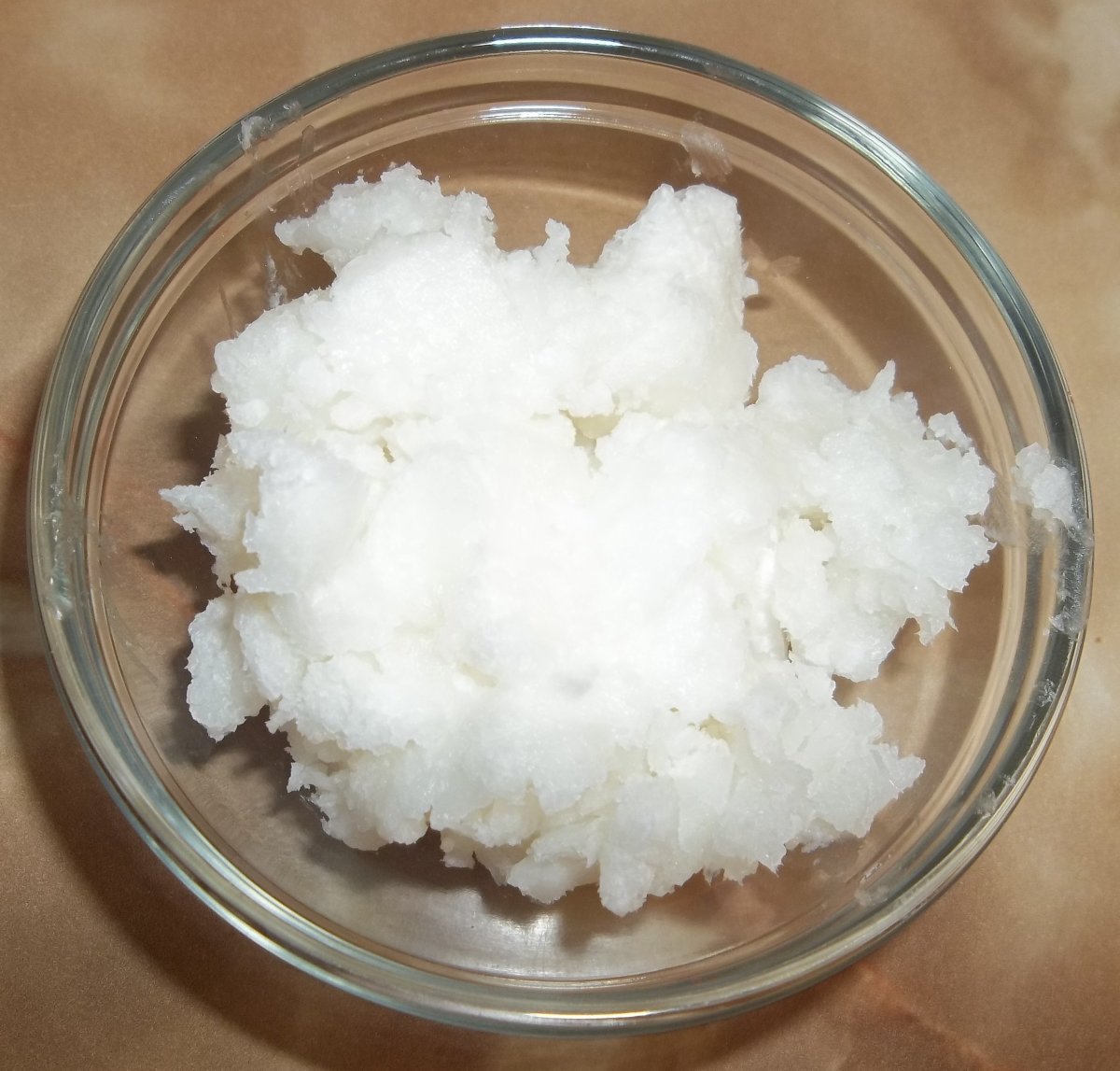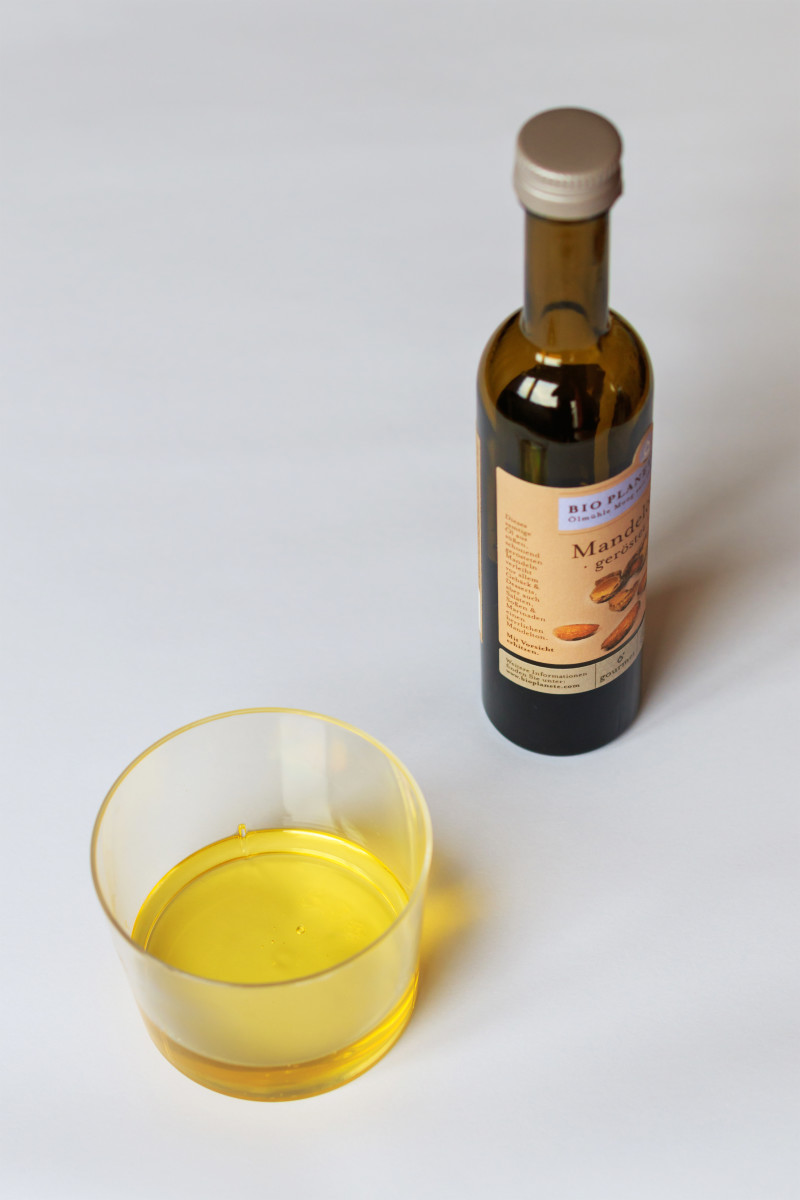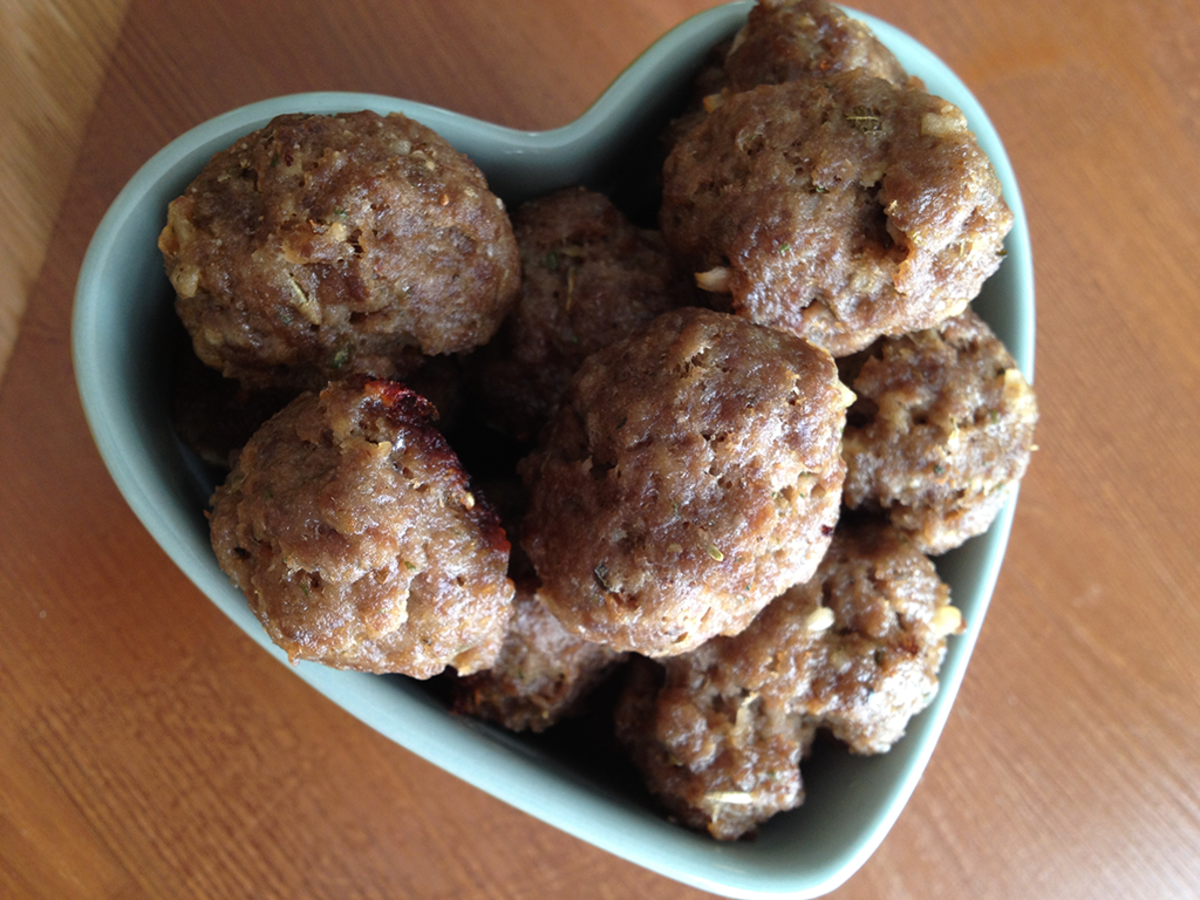Knowing Which Cooking Oils To Avoid & Which Are Healthy!
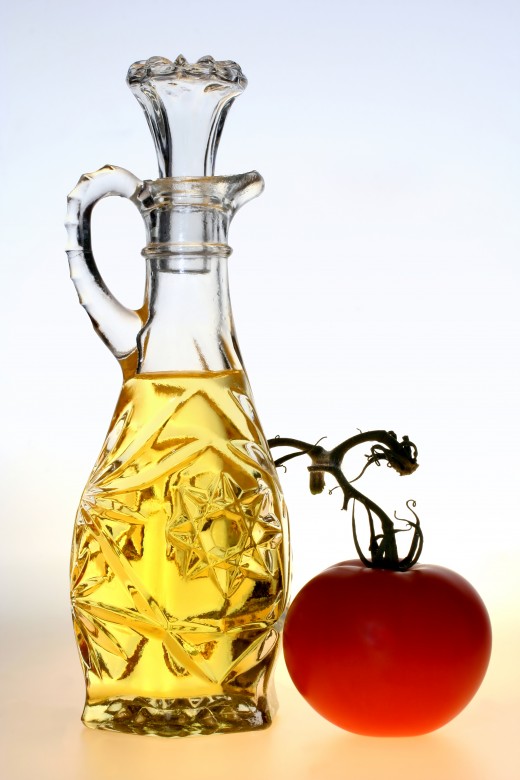

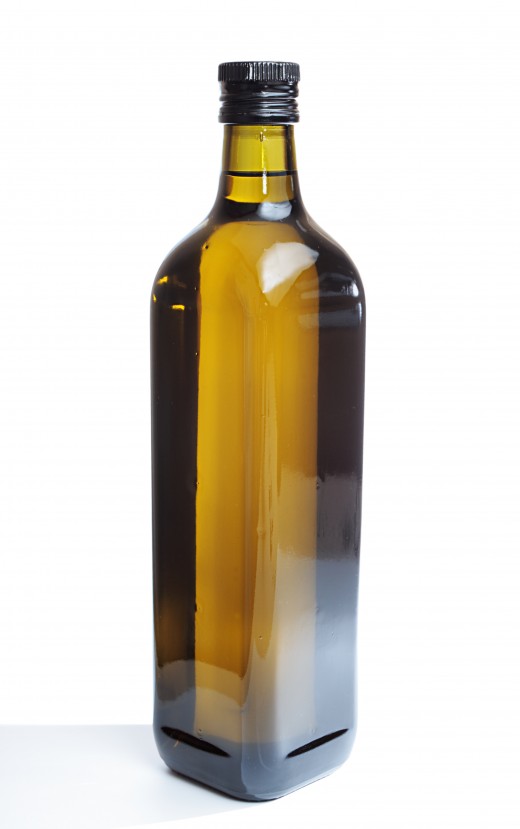

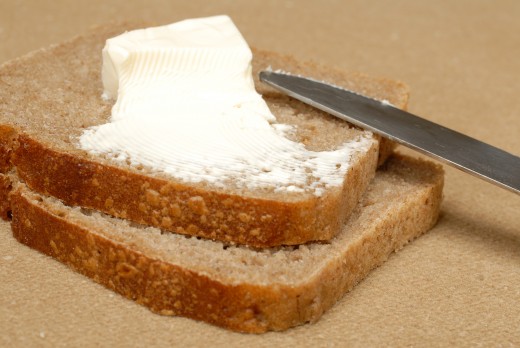
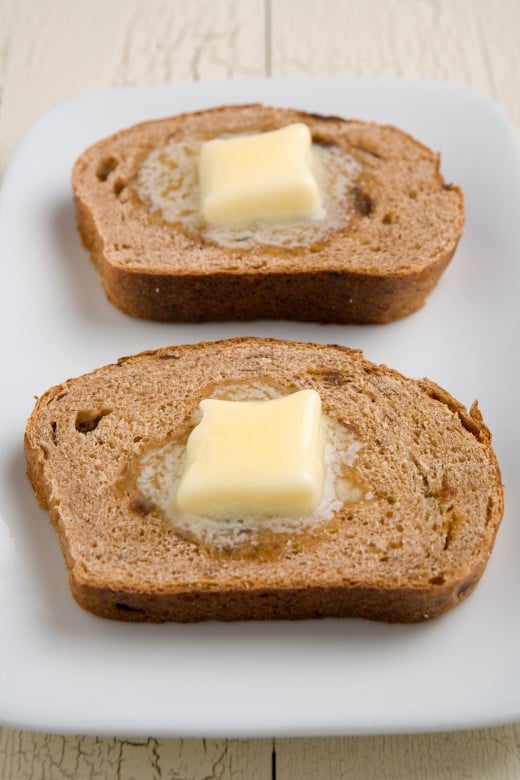
What do you really know about cooking oils?
Almost everyone that comes of age, rarely understand why certain ailments affect them through later stages in their life. No matter how healthy you might seem, or how moderate you are with eating the right stuff, There comes a day when it just drops on you suddenly & you're running to & fro to the doctor, checking your sugar levels, Cholesterol levels, which could lead to things like heart disease & other heart related issues. Cooking oils & certain oils used in products such as potato chips, crackers & specific types of candy for example all have chemically altered oil, which is very bad for the human heart. Below i intend to explain to the best of my knowledge the difference between the oils used in food products, which oils to avoid and the differences between virgin olive oil & extra virgin olive oil.
Which oils to stay away from.
The two types of oils you should completely avoid are Hydrogenated & Trans fat oils. These types of oil is an added ingredient added into products such as chips, crackers, baked goods, stick margarine's, certain types of canned foods, Frozen pizza etc. You can check out the table of nutrition facts on the label of these products to verify. Although it cant be completely avoided, It will say in words like partially hydrogenated oil, which is also vegetable oil that has been chemically induced or altered if you prefer.
Food manufacturers often add partially hydrogenated oil to their products to keep their foodstuff stay fresh for long periods of time. Even if it is almost 0.5g - 4g of partially hydrogenated oil in these types of products, these small amounts can be devastating to your heart. It is an overlooked fact that, these oils can and will 'raise' the bad levels of cholesterol & 'lower' the good cholesterol in your body, which increases the risk of attaining diabetes.
A small glimpse at what hydrogenation is all about. Hydrogenation is where liquid vegetable oil is turned into solid fat using a chemical process. Partially hydrogenated oils also contain trans fatty acids are thought to be more dangerous than other saturated fats, if not already listed under it.
Partially hydrogenated & trans fat will be listed under saturated fats in the Total fat column, So be vary of products which therein and check the nutritional table of contents first.
Butter vs Olive oil.
When it comes to oils, there is always one type of fat that always dominates, butter being the solidified version of oil. There are three types of fats to look into if you're further interested, Polyunsaturated fatty acids (PUFA), Monounsaturated fatty acids (MUFA) & Saturated fatty acids (SFA). Each to their own. a dominating type of fat will always reside within.
Olive oil is weighed as being the better of the two oils in comparison with butter, Although butter is not completely bad, Its just olive oils have better nutrients for the heart, which in turn reduces the risk of cardiovascular diseases. Olive oil is predominantly rich in (MUFA) which lowers bad cholesterol in the body & raises the good cholesterol. Butter on the other side of things is known to cause inflammation in the body & slightly increase the bad levels of cholesterol in your body. So it is wiser or preferably better to use olive oil.
Now nobody's saying not to use butter & take olive oil as a prime factor in baking goods. Its always the smell, taste etc that matter in baked goods, Butter certainly works better in baked goods such as cakes, pastries, cookies, muffins etc. Enjoy yourself then if you're fond of baking, but don't go overboard.
If oils are fattening, how can they be healthy?
Oils do contain a lot of calories & you can put on weight if you use to much. Even butter with its water content has more calories than oil. Since oils contain some fats that are good for you, its better to get those calories from healthy oil rather than butter. If you're trying to cut out the fat completely, then don't, you do need some sort of fat to stay healthy, Yes that's right, use the healthy oils to get some good fat to keep your body healthy.
If you don't induce those fats which the body really needs, then you're missing out on the body also being able to absorb vitamins overall such as vitamin A, D, E & K, which are crucial for your skin, heart, hair, brain, etc.

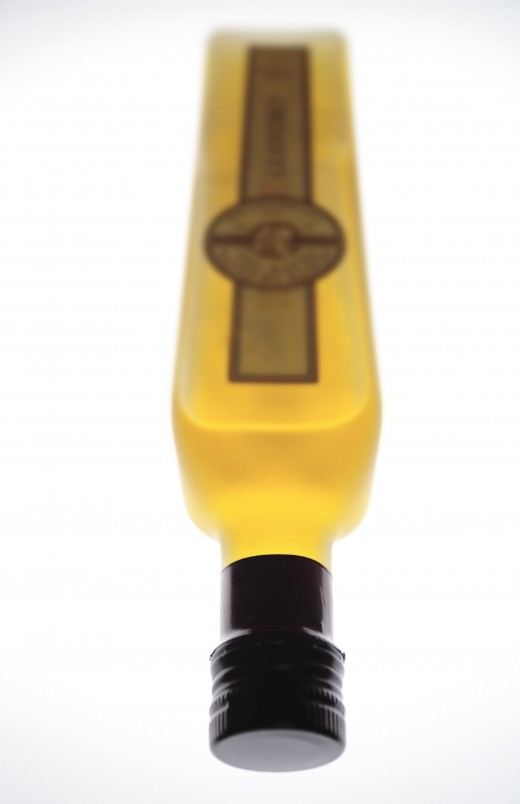
Difference between regular olive oil, virgin & extra virgin olive oil.
The process of olive oil is quite simple, Olives which are crushed into a paste are then put into a press to squeeze the oil out. Now depending oil that comes out and it has low acidity and has a good taste and smell, it is labelled under virgin or extra virgin oil, virgin oil being the lower quality than extra virgin oil.
Most chefs still prefer to cook using extra virgin oil, such as for salad dressings, used for sprinkling over veggies and other types of foods. They know that it all depends of the type of flavor they're trying to get out of it, the deeper the color the more refined the olive flavor you get. Olive oil does tend to lose its flavor and smell when its heated, another fact to mention.
In the process of acquiring olive oil, which are then broken down into regular olive oil, virgin & extra virgin oil. The oil if it should be highly acidic & of low quality, is mixed and thorougly refined with virgin or extra virgin oil producing 'regular' olive oil. which creates the all round good purpose cooking oil.
Although the benefits are more or less the same with these 3 types of olive oil, A known fact to remember would be that virgin & extra virgin oil come with more anti-oxidants. Anti-oxidants being super good for the body, which helps prevent cancer & other heart related diseases to name a few.
Storing oils risk free!
The biggest fact you have to understand about oils, is that they are more prone to light, air & heat. these factors can slowly turn your oil noxious or even dangerous for later use. These factors can even quickly accelerate some cancer causing compounds known as free radicals, not to mention increasing its acidity levels greatly. The more polyunstaturated fatty acids an oil contains, the more prone they are to turning putrefactive.
It is best to store products which are rich polyunsaturated oils (PUFA) such as flaxseeds, walnuts, in fridges inside a tightly packed containers. monounsaturated oils (MUFA) which are dominant in olive oils should be tightly capped & stored in a dark cabinet & away from the stove or any other sort of heat source.
Butter which is a saturated fat (SAF) are more resistant to light, heat & oxygen, nevertheless you should always keep it refrigerated, due it containing milk solids that can go bad. Storing oils is a big part of keeping oils further healthy, If done correctly, you can store oils up to a full year with no issues.
Tips & Advice - The next time you go shopping for any sort of good cooking oil, always remember to pick them out from the back where they are usually kept away from the light, since the ones at the front are more exposed to sharp lighting. Most oils will come with an expiration date, so be sure to check that. And if you're handy and know all the facts, don't forget to whip the top off & take a sniff, with time you can tell when oil is about to go bad with a simple whiff.
I hope with this knowledge imparted, people reduce the unnecessary risks involved. Enjoy life to the max, live healthy, you live only once, today you wont get tomorrow!.
(If you landed up here on this hubpage, chances are you'll keep returning for other useful, informative and creative hubs. Why not join the Hubpages community. Sign up here for a free account and earn some cash, doing what internet surfers and writers do best, interacting and sharing. I promise you'll never go back!)
